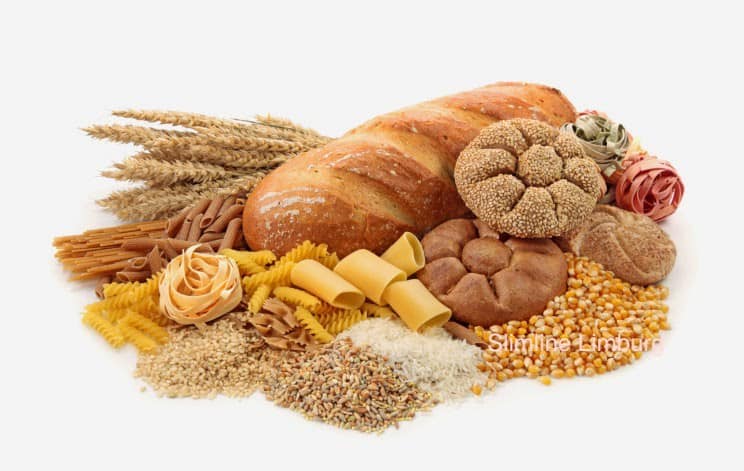
What Are Carbohydrates?
Carbohydrates are the sugars, starches and fiber found in fruits, grains, vegetables and milk products. Although it is often vilified in trendy diets that carbohydrates are not healthy, however, carbohydrates are one of the basic food groups that are important to our healthy diet.
The glycemic index and glycemic load
This is about the speed that we can metabolize different carbohydrates. It all starts with the glycemic index and glycemic loads of different foods.
The glycemic index (GI) indicates how quickly carbohydrates are converted to sugar when you eat.
The glycemic load is another measure of how carbohydrates are digested.
Glycemic Index and Glycemic Load work together to describe how your body digests carbohydrates and estimate how your body handles carbohydrates. A food with both a high glycemic index and a high glycemic load can raise your blood sugar levels than your body can handle. As a result of which hormones and metabolism are disrupted and body fat rises.
Fast vs slow carbohydrates
There are simple or fast carbohydrates and complex or slow carbohydrates. The difference between the two forms is the chemical structure and how quickly the sugar is absorbed and digested. In general, simple carbohydrates are digested and absorbed faster and more easily than complex carbohydrates.
Fast carbohydrates
- Sugar
- Bread
- Breakfast cereals
- Fruit (unfortunately, healthy but contains a lot of sugars, max 2 pcs per day)
- Some starchy vegetables
Foods with a high glycemic index include processed carbohydrates such as bread, cereals, sugars, fruits and some starchy vegetables. These foods are considered fast carbohydrates. The carbohydrate molecules in these foods are smaller, especially in the case of sugar, and are quickly broken down into sugars in your intestines. When eaten regularly, fast carbohydrates can keep your blood sugar elevated, causing weight gain and an increased risk of type 2 diabetes, obesity, metabolic syndrome and cardiovascular disease.
Slow carbohydrates (healthy carbohydrates)
- Broccoli
- All types of cabbage
- Asparagus
- Avocado
Can you believe that a few decades ago, fat-free foods were the rage? I remember that popcorn and pretzels were “healthy” because they were fat-free.
Today people eat a lot more carbohydrates than fats. However, hhe human body exists without carbohydrates.
Sugar and processed carbohydrates can ruin our weight and our health!
Many products such as green vegetables, seafood or eggs have no carbohydrates.
Carbohydrates and Obesity
Let's take a look at the relationship between the intake of carbohydrates and the recent obesity crisis.
From 1971 to the year 2000 carbohydrate intake has increased for both men and women. From the mid-1980s, obesity began to grow at unprecedented rates.
Many said this correlation was clear evidence that carbs are to blame.
If the carbohydrates were the sole cause of weight gain, then we should also see that people on a low-carb diet lose more weight than those on a high or moderate carbohydrate diet.
Studies
A pivotal study published in 2009 answered this question.
An international study in 18 countries in 2017 found that a high-carbohydrate diet increased the risk of heart and heart disease vascular disease and mortality.
First and foremost, the PURE study is a prospective study (so much so that it is good at the time). This means that the terms of the study were set in advance and they looked at the results over the years.
It also included a large number of people, spread across 18 different countries. They looked at the ratio of carbohydrates to fats in diets around the world, as well as the types of fats (such as saturated, polyunsaturated, monounsaturated).
Conclusion
Ultimately, they evaluated how these things affected: Total mortality, and Cardiovascular mortality
There were conclusions showing that the highest carbohydrate groups in the study simply had higher death rates. They also saw that the lowest fat groups also had the highest mortality rates. They also saw that the group with the lowest saturated fat had the highest risk of cardiovascular disease.




2 thoughts on “Zijn koolhydraten ongezond?”
Your point of view caught my eye and was very interesting. Thanks. I have a question for you.
Yes, you ask your question